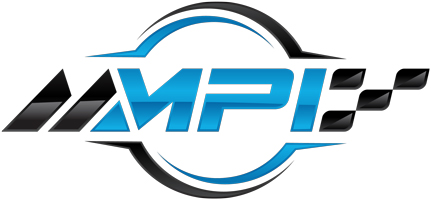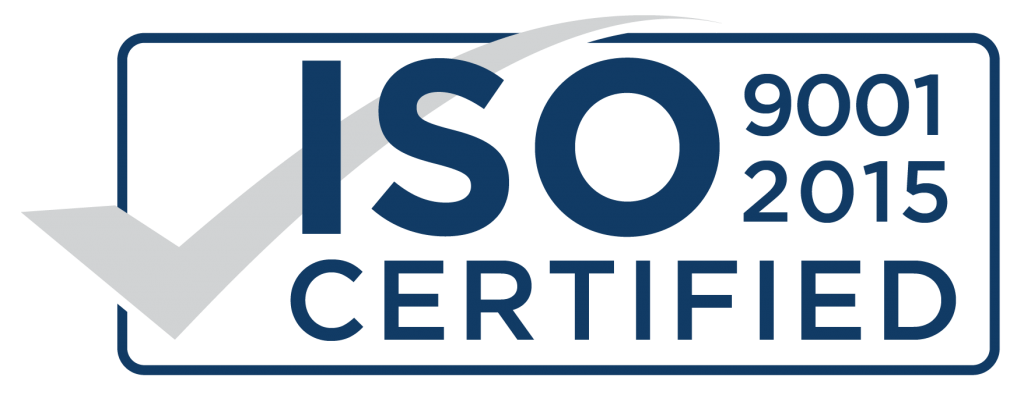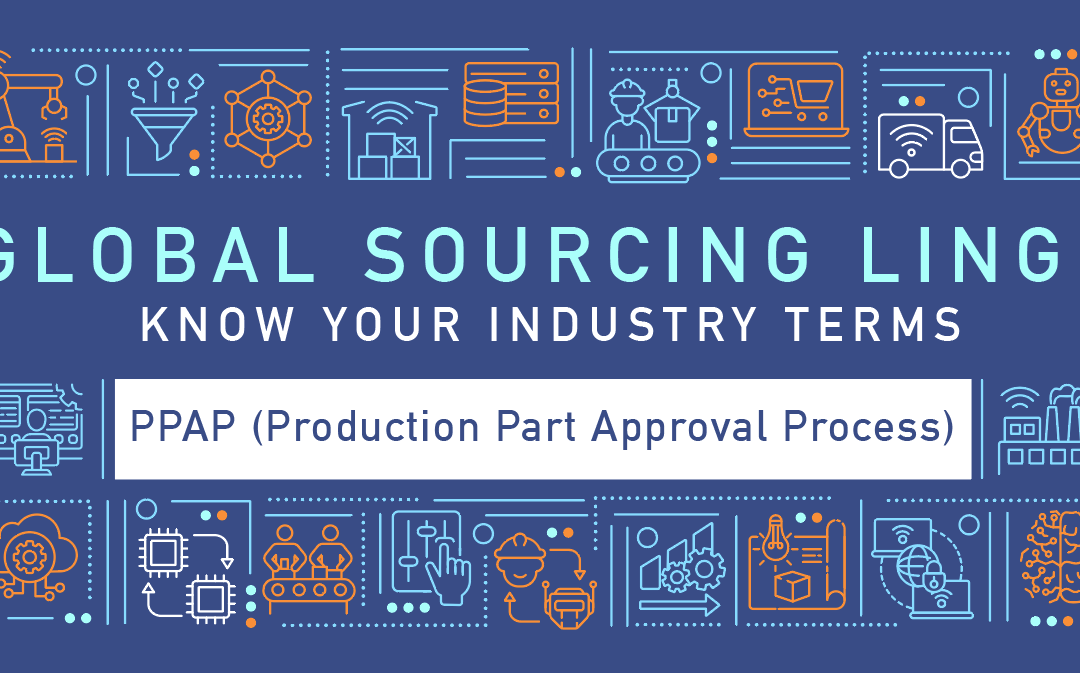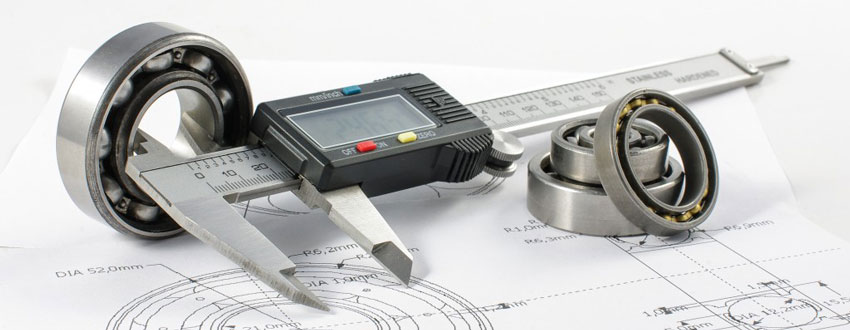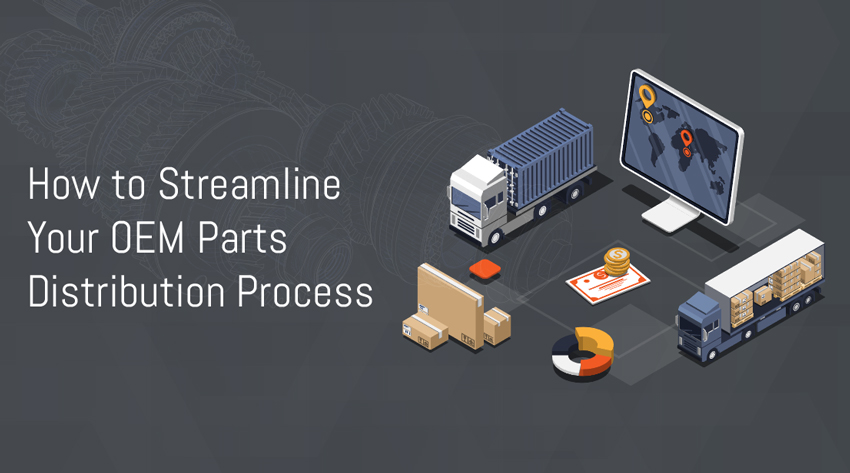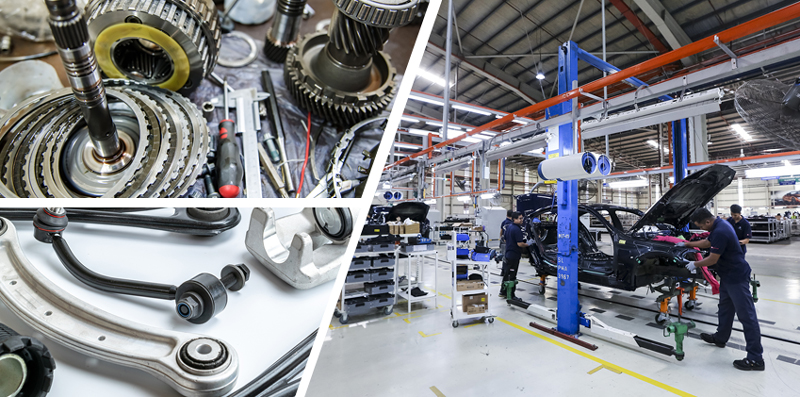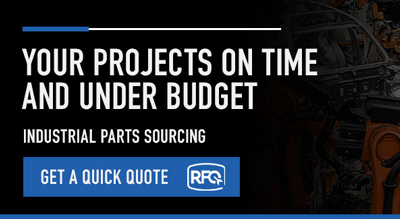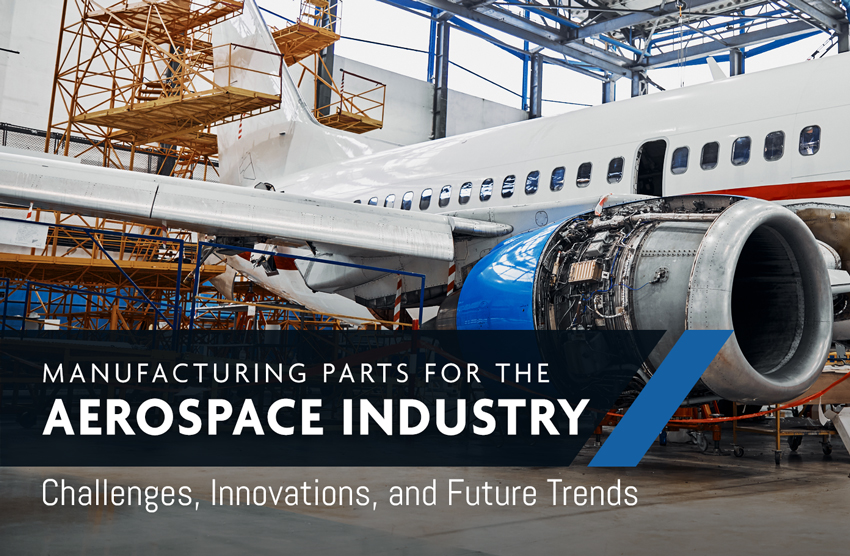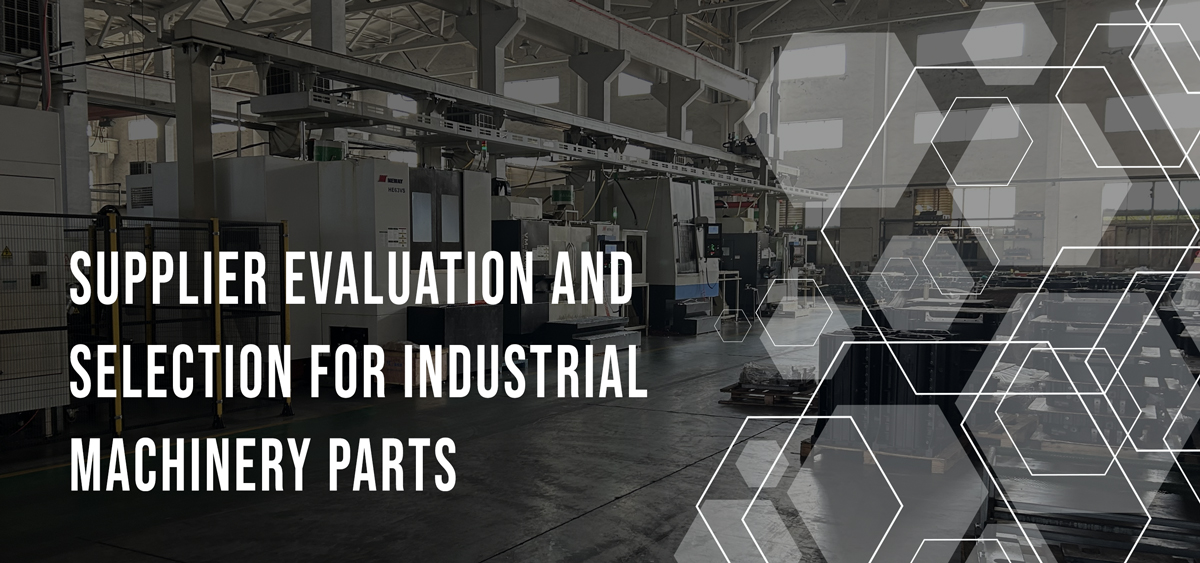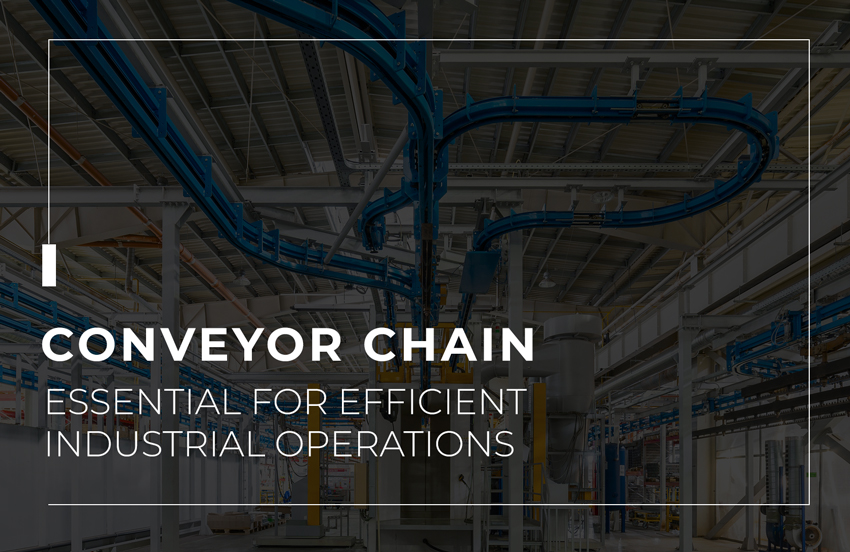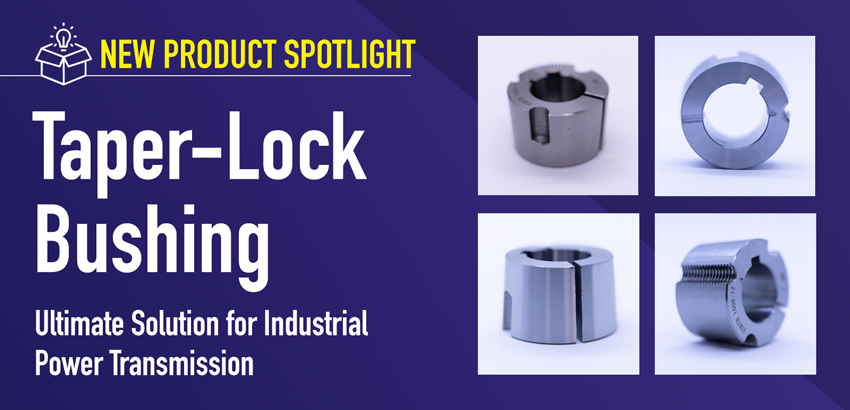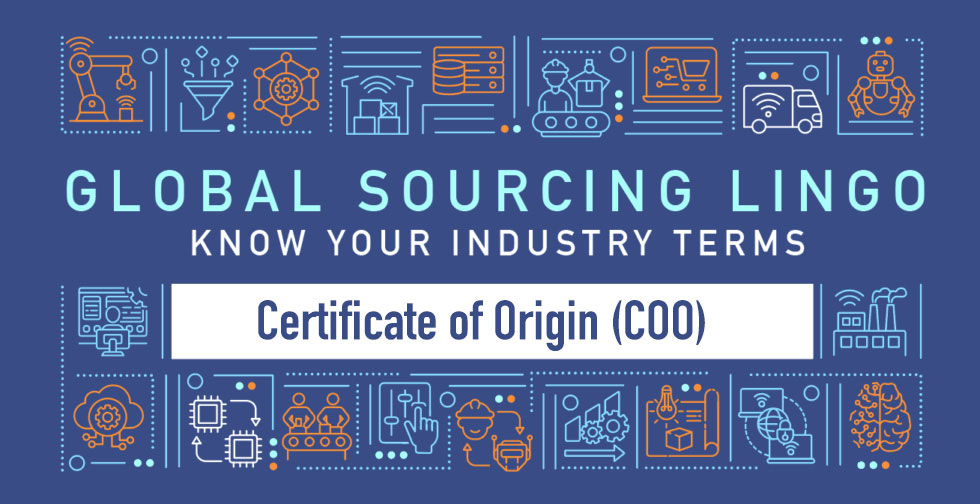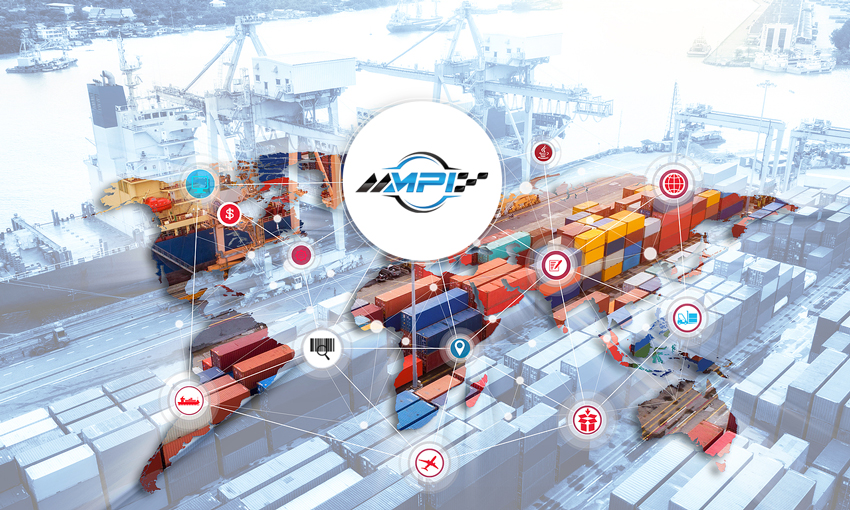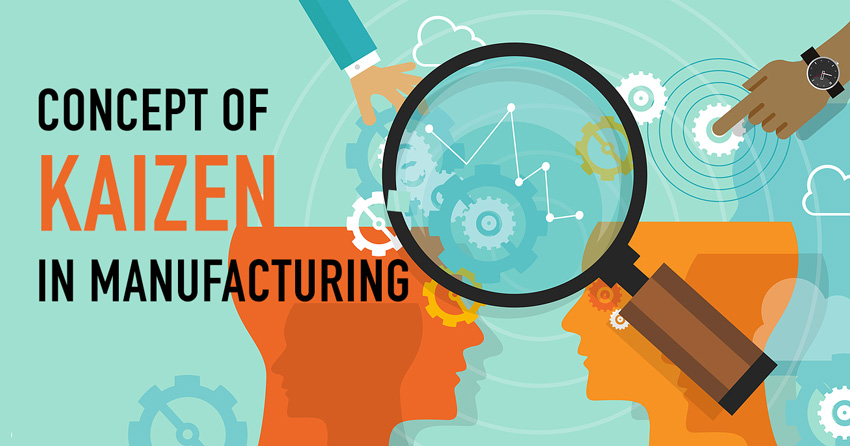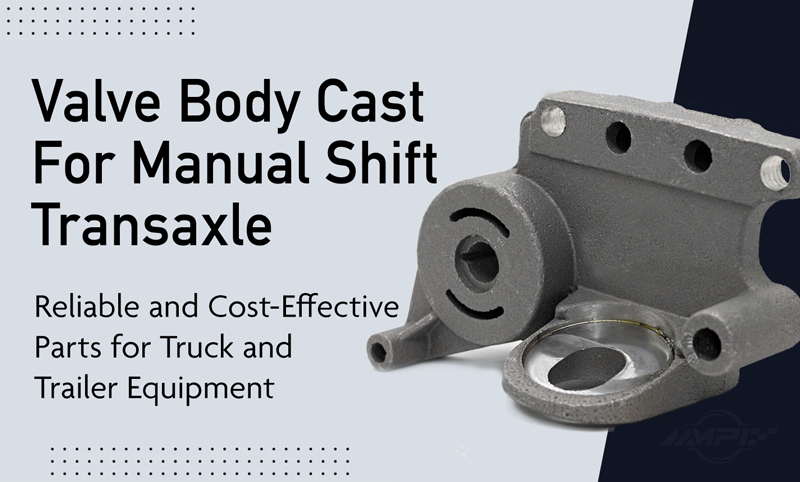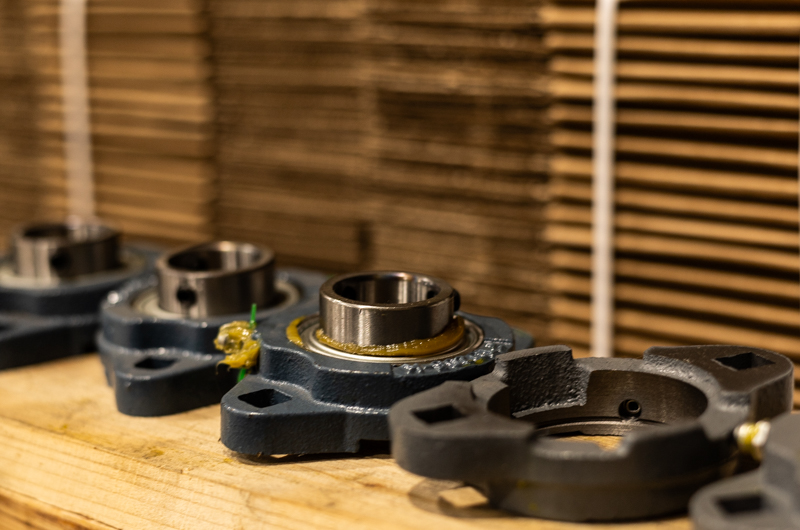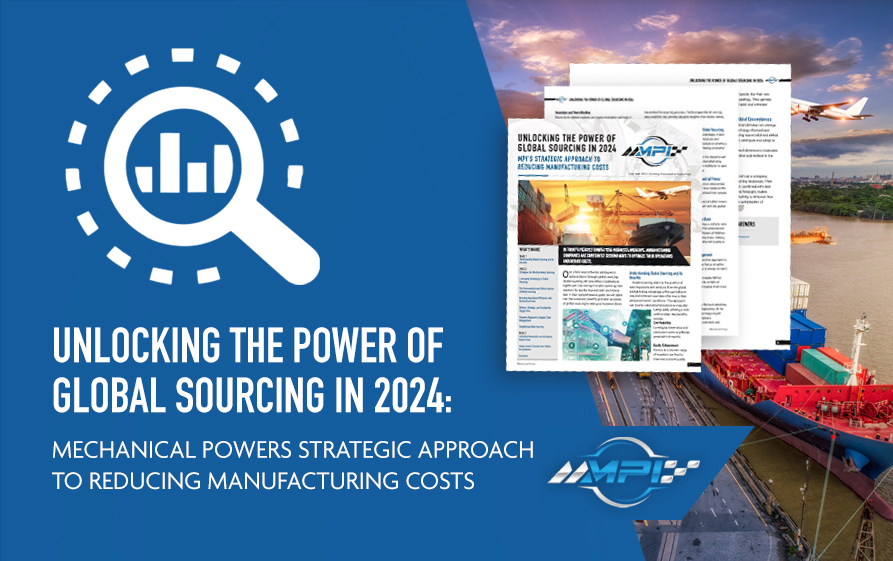What is PPAP?
Production Part Approval Process (PPAP) is used in the automotive supply chain for establishing confidence in suppliers and their production processes. Actual measurements are taken from the parts produced and are used to complete the various test sheets of PPAP.
Purpose of PPAP
Main purpose of PPAP is to provide evidence that all customer engineering design record and specification requirements are properly understood by the organization. In addition, demonstrate that the manufacturing process has the potential to produce product that consistently meets all requirements during an actual production run at the quoted production rate.
Production Part Approval Process (PPAP)
The Production Part Approval Process (PPAP) is a standardized approach that OEM suppliers follow for getting new and revised parts approved. It was developed to improve equipment quality while simultaneously lowering the time and expense of the approval process.
PPAP standardizes the way suppliers prove their parts and manufacturing processes are capable of making what’s needed. By clarifying what evidence a supplier must show to demonstrate production readiness, launching new products becomes easier and faster.
At the same, the reliability of these products, and that of the systems they assemble into, improves because quality is addressed throughout development.
When and how is a PPAP Performed?
A supplier conducts a PPAP whenever they introduce a new part or revise existing component. At Mechanical Power we would PPAP both the part and the process.
A second situation requiring a PPAP is any change in process or design that could materially affect how the pins function in service. For example, a modification to the swaging tools used, or moving the tools to a new machine, could lead to subtle differences. To address this we would go through PPAP again.
Changes usually need some customer-supplier discussion to determine if the planned change is material. This is done prior starting on the Production Part Approval Process.
A PPAP has a lot of paperwork associated with it, which is combined into a Part Submission Warrant (PSW.) The supplier submits a PSW to the customer for each part number that will be produced. PPAP paperwork is gathered throughout the process, which culminates in an extended production run. This is where we prove we can satisfy production requirements.
Production Run
PPAP data must be submitted from a production run using:
- Production equipment and tooling
- Production employees
- Production rate
- Production process
Benefits of PPAP Submissions
OEMs and their suppliers both gain from a well-executed PPAP. Thorough evaluation of the production processes, including speed and quality performance, prevents parts shortages and quality problems. The result is a smooth new product launch that all those involved can be proud of.
- Submissions process helps to maintain design integrity
- It identifies issues early for resolution
- Reduces warranty charges and prevents cost of poor quality
- Assists with managing supplier changes
- Prevents use of unapproved and nonconforming parts
- Identifies suppliers that need more development
- Improves the overall quality of the product & customer satisfaction
About Mechanical Power
Our goal is to be the best-in-class supplier of bearings, sprockets, chain and related industrial products. Total Customer Satisfaction is the basis for MPI’s founding more than 40 years ago and remains our number one priority.
MPI sources the highest-quality products at competitive prices from around the world and provides just-in-time inventory-management services for our customers. MPI is proud of the longevity of our customer base and employees, who are dedicated to serving the customer.
MPI is committed to providing our dedicated team of employees with a safe, clean and friendly work environment that provides opportunities for career advancement.

Resourceful and innovative Marketing Pro, with 20+ years of progressive experience in the marketing and creative technology industry. Responsible for digital and traditional marketing efforts that promotes brand awareness, increases engagement, and drives revenue.
